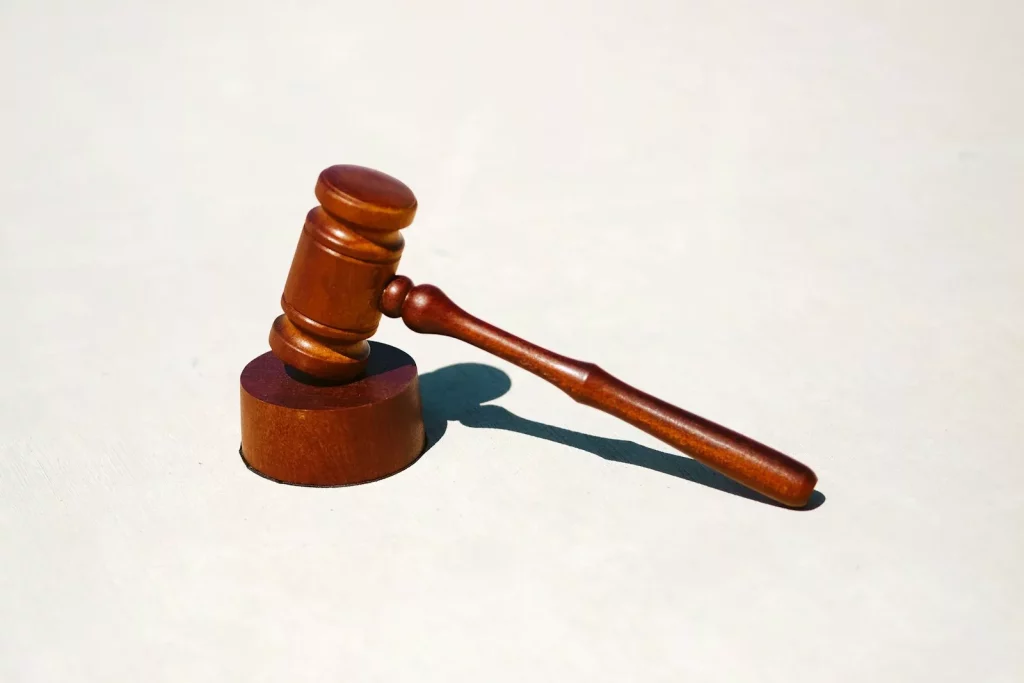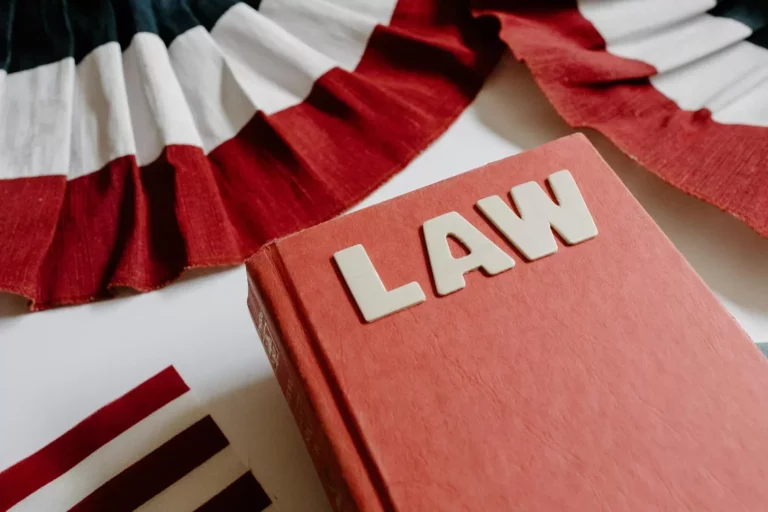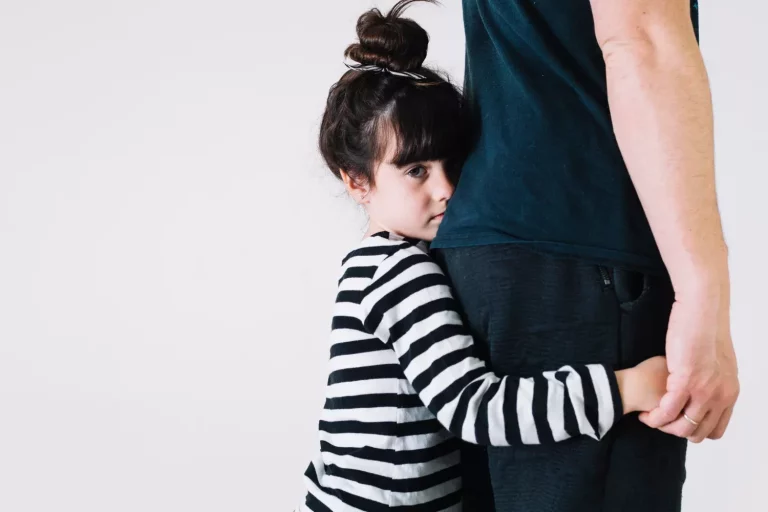Attorney fees in child custody cases: Who pays?
Ever wondered who is responsible for paying attorney fees in child custody cases? At TheBostonDivorceLawyer, we understand the confusion and want to provide clarity on this important matter. Learn more about this topic and how it may affect your case in our upcoming article.
As stated in most jurisdictions, each party is responsible for paying their own attorney fees in child custody cases. This rule may vary depending on the specific circumstances of the case and the judge’s discretion.
Definition
Attorney fees can differ and might include costs for consultations, paperwork, court appearances, and negotiations.
In child custody cases, usually, each parent pays for their own attorney. However, sometimes the court may make one parent pay for some or all of the other parent’s attorney fees.
It seems that, who pays the attorney fees can depend on several things, such as the financial situation of each parent, how complicated the case is, and if one parent has acted unfairly or caused delays.
Factors
You know, several factors can affect who pays for legal fees in a child custody case. The court looks at each parent’s financial situation, including their income and assets, to decide who should cover these costs. The reason for the custody dispute also matters; the court may assign fees based on which parent is causing the conflict.
Frankly, often, the losing party has to pay the winning party’s legal expenses. The behavior of each parent during the case is also considered, such as whether they acted responsibly or made the process harder on purpose.
Laws
The court can decide if one or both parents should pay for legal costs, based on income, assets, and what’s best for the child. The aim is to ensure each parent has a lawyer to protect their rights and the child’s well-being.
For real, some states have rules to determine who pays, while others let the judge decide based on the case. It’s important for both parents to know their rights and duties about these fees, as ignoring court orders can lead to legal trouble. The laws are designed to ensure fairness and focus on the child’s best interests.
Agreements
These agreements are legally binding and explain what each person has to do. The agreement might say that one person will pay all the lawyer fees or that both people will split the costs.
If they can’t agree, the court might step in and decide who pays the lawyer fees. The court could look at different things, like how much each person can afford, whether the fees are reasonable, and whether it’s fair.
In other words, it’s important to think carefully about any agreements related to lawyer fees in child custody cases, as these can affect the case outcome a lot. Getting advice from a good lawyer can help people handle this process and protect their rights. By working together to reach an agreement, people can avoid extra conflict and costs in child custody cases.
Court Decisions
These decisions can greatly affect the case outcome. The court looks at several things when deciding, like each parent’s financial situation, how complicated the case is, and how reasonable the attorney fees are.
Sometimes, the court might make one parent pay all or part of both parent’s attorney fees. This could happen if one parent has more money or if one parent has behaved badly during the case. The court also thinks about what’s best for the child, making sure both parents can afford good legal help to argue their side.
Basically, other times, the court might decide each parent should pay their own attorney fees. This could be the case if both parents have about the same amount of money or if the fees are seen as fair by the court. The court might also think about other options, like splitting the fees between the parents or having one parent pay back the other for their legal costs.

The Final Word
The responsibility for paying attorney fees can vary depending on the circumstances. Generally, each party is responsible for their own legal fees.
What TheBostonDivorceLawyers is pushing for is, however, in some cases, the court may order one party to contribute to the other party’s attorney fees based on their financial situation and the best interests of the child. Ultimately, the allocation of attorney fees in child custody cases depends on the specific details of each individual case.







